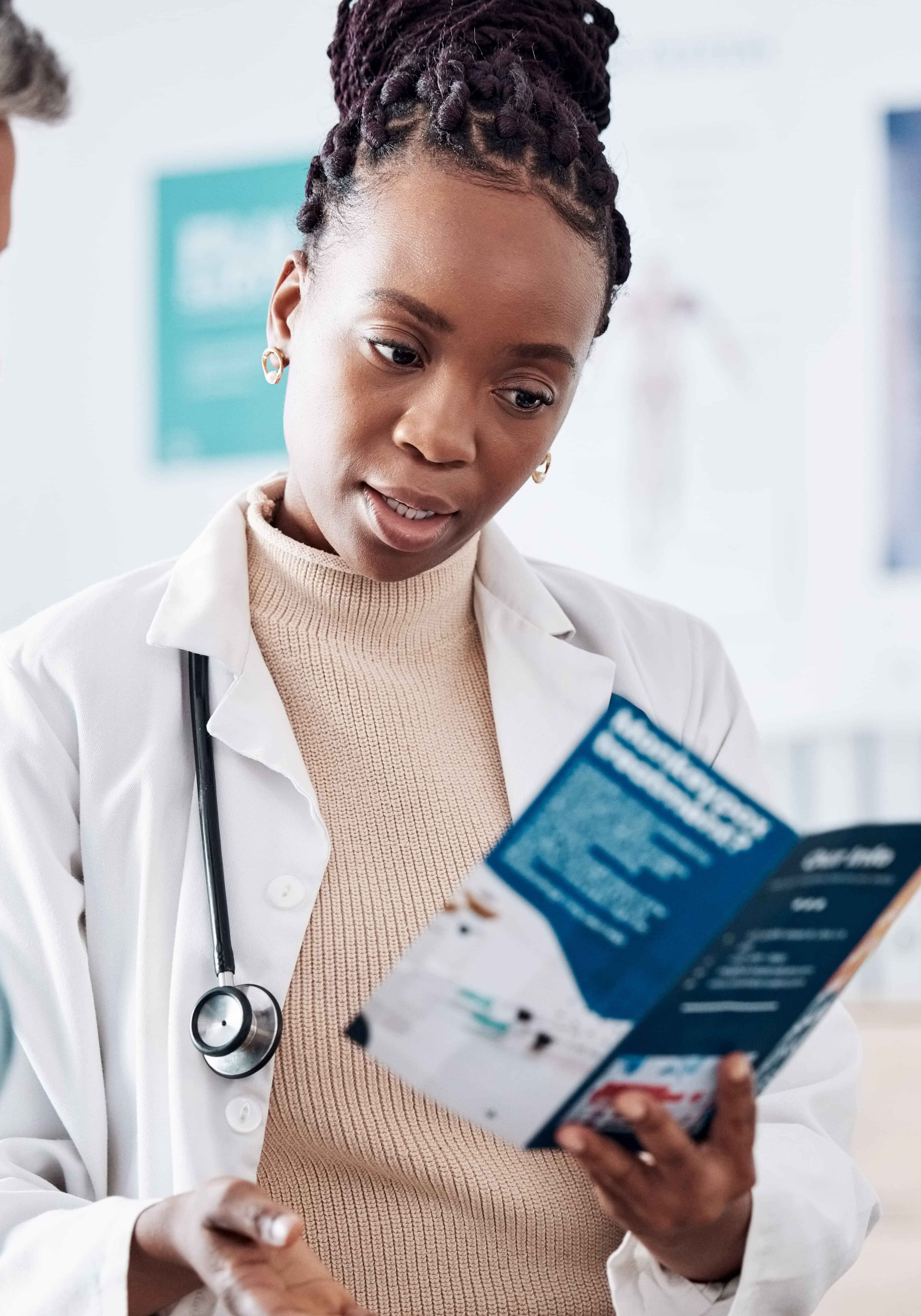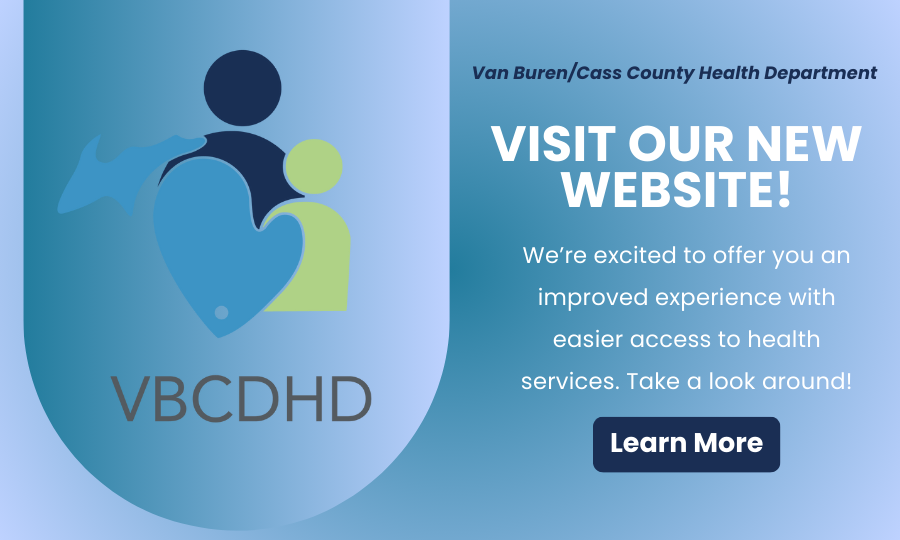Sexually Transmitted Infections and HIV
Offering confidential HIV and STI testing, treatment and counseling options, to support sexual health and wellness.

HIV/STI Testing and Counseling Services
What We Offer
STI Testing Recommendations
- HIV Testing: Recommended for all adults and teens (13-64) at least once.
- Gonorrhea & Chlamydia: Women under 25 and those over 25 with risk factors should test annually.
- Pregnant Women: Early testing for syphilis, HIV, and hepatitis B. At-risk women should also test for gonorrhea and chlamydia.
- Sexually Active Gay & Bisexual Men: Annual testing for syphilis, chlamydia, and gonorrhea. More frequent testing may be needed based on sexual activity.


Additional Services:
- High-Risk Hepatitis B Program: Free vaccines for eligible individuals, separate from regular clinic services.
- Free Condoms: Available at both locations.
- Appointments: Required for all STI services. Special arrangements available.
- Service Fee: $10.00, with no one denied due to inability to pay.
Cass County Office
Dowagiac Clinic
Van Buren County
Lawrence Clinic
260 South Street, Lawrence, MI 49064
Thursdays by Appointment
Hours: 9 -11 a.m. and 1- 4 p.m.
Call (269) 621-3143
Ready to Get Tested?
Contact us to schedule your appointment or learn more about our services. Your health is no small matter—take action today!
Want More Private Testing?
Order Your HIV Test Online
Free, fast, private HIV Test: Uses gum swab, no needles.
Eligibility: Ages 17 and older, reorder every 90 days.
Available in English and Spanish.
National Resources
- Centers for Disease Control and Prevention (CDC) – Comprehensive resources on HIV/STI prevention, testing, and treatment information.
- National Institutes of Health (NIH) – HIVinfo – Offers extensive HIV/AIDS information, research updates, and clinical trials.
- AIDS.gov (HIV.gov) – Provides resources on HIV testing, treatment, and support services.
- The Trevor Project – Crisis intervention and suicide prevention resources for LGBTQ+ youth, including HIV/STI information.
- Planned Parenthood – Nationwide services for STI and HIV testing, education, and counseling.
- AIDS Healthcare Foundation (AHF) – Provides testing, treatment, and advocacy for those affected by HIV/AIDS across the U.S.
- POZ – Offers news, support, and resources specifically for people living with HIV/AIDS.
- National AIDS Hotline – A resource providing information and referrals. Phone: 1-800-CDC-INFO (1-800-232-4636)
Michigan Resources
- Michigan Department of Health and Human Services (MDHHS) – Provides HIV/STI prevention programs, testing locations, and support services.
- HIV/AIDS Hotline – Michigan – Offers information, referrals, and support for those affected by HIV/AIDS.Phone: 1-800-872-2437
- Care Coordination at MDHHS – A statewide program offering linkage to care for those newly diagnosed with HIV.
- Health Emergency Lifeline Programs (HELP) – Provides assistance with health care, housing, and case management for people living with HIV/AIDS in Michigan.

